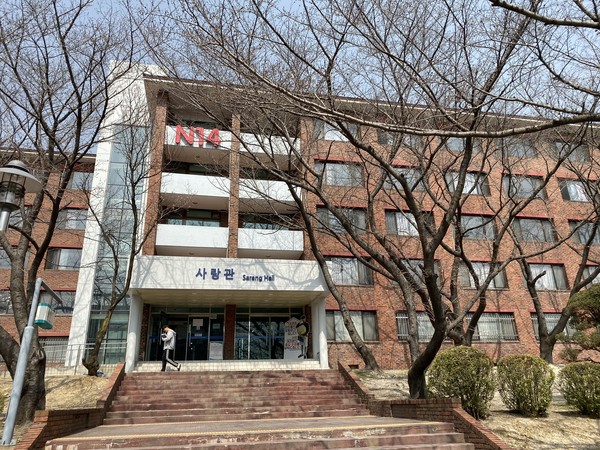After a day-long confusion among undergraduates on March 13, when a sudden announcement was made that most students should leave the school dormitories just before the spring semester was due to start, FLEX managed to settle an agreement with the Student Life team in favor of the students. After just a month in action, the 33rd KAIST UA, FLEX, is being praised for its successful representation of 4,000 undergraduates amid fears of COVID-19 contraction on campus. Students allowed to remain in KAIST will not have to move dormitory rooms, and those moving out can leave belongings in their existing rooms.

On March 12, the General Affairs Team sent out an urgent email detailing the school’s decision to prohibit additional dormitory move-ins and to require students with residence in Korea to move out. The next day, the Student Life Team specified that international students with no residence in Korea must relocate to Somang, Sarang, or Areum Hall by March 28. Somang and Sarang Hall residents were to follow a strict three-people-per-room policy, while Areum Hall residents also had to follow a two-people-per-room policy. All residents would not be allowed to designate their roommates nor change rooms among themselves. Backlash from students quickly surfaced in online communities such as KaDaeJeon and Everytime, as they voiced their frustration in the lack of explanation for the school’s decision. Concerns also arose over the potential overpopulation of students who would be relocated into just three dorms, which would increase the risk of person-to-person contact and the spread of COVID-19.
The newly elected 33rd KAIST UA, FLEX, was quick to respond to the issue. On March 12, FLEX posted a Facebook post detailing the school’s sudden decision and promised to voice students’ opinions to the administration. Meanwhile, the KAIST Undergraduate Dormitory Council (UDC) conducted a survey of those affected by the change to substantiate student opinions prior to negotiation with the Student Life team. On March 13, the KAIST UA met with the Director of Student Life, the Director of Student Policy, and the Student Life Team. FLEX presented a collection of concerns held by undergraduates over the unexpected dormitory decision.
Based upon this negotiation, the following decision was reached. Firstly, international students and those without residence in Korea are able to remain in KAIST dormitories. However, students currently outside Korea are strongly advised not to return. Secondly, those who move out will be able to leave their belongings in their current room. Finally, students remaining in KAIST will be able to stay in the original room they were assigned for the semester, rather than moving to Sarang or Somang Hall.
As the first student-elected KAIST UA since 2018, FLEX showed what the new fully-operational student association is capable of. For the previous three semesters, the incumbent Emergency Response Committees (ERC) lacked the legitimacy of a democratic vote and the capability to talk with KAIST administration on various agendas. However, FLEX was very quick and adept in notifying, representing, and fighting for the student body. While there are concerns about how FLEX will cope and operate in the difficult circumstances caused by COVID-19, its first success in talks with the school is encouraging.

